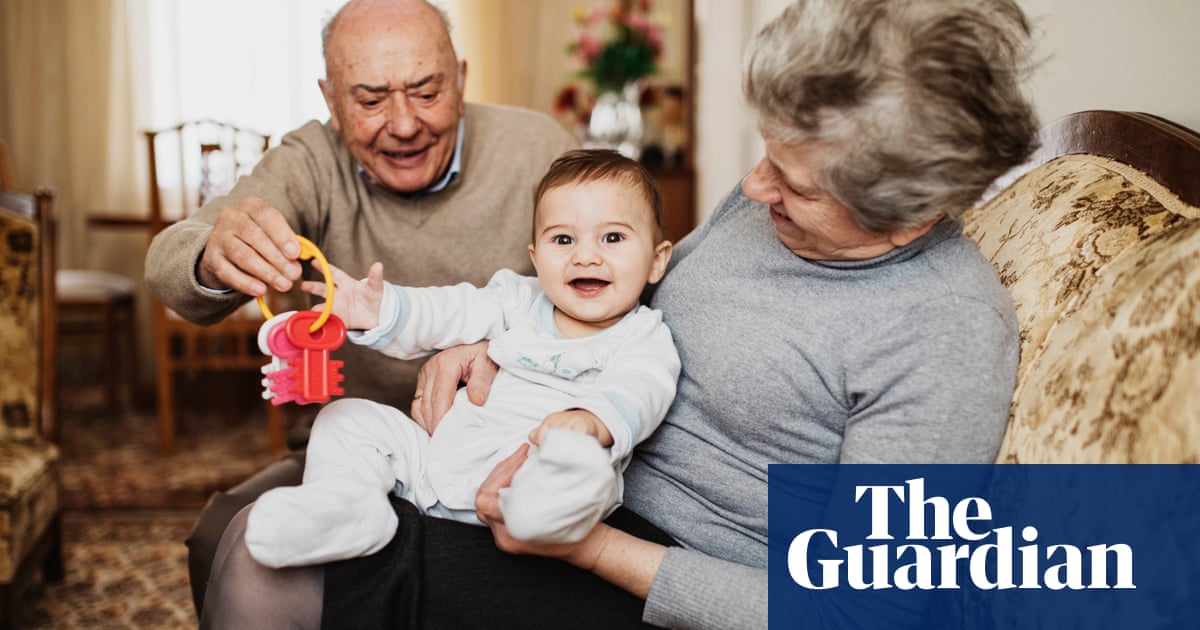Name:The baby name generation gap.
Age:Hopefully it wears off by three or four.
Appearance:Thin-lipped disapproval.
Is this about changing tastes in baby names?It’s about differences of opinion.
Between whom?Parents and grandparents. One in five grandparents say they’ve hated one of their grandkids’ names.
That sounds a lot.Luckily, only 4% say theystillhate the name – 15% have got used to it over time.
It’s certainly a fraught topic – ask my son, Olaf.You called your son Olaf? Why?
It seemed like a good idea at the time. Not to my parents, though.What about your in-laws?
Grandpa Olaf was OK with it.According to a newGransnet survey, that’s a common complaint: grandparents objecting to names honouring other grandparents.
What are their other complaints?Names they think are ugly (28%), or old-fashioned (11%), or weird (17%). Six percent were OK with the name but didn’t like the spelling.
Iunderstand their misgivings, but frankly it’snone of their business.Well, 31% of grandparents agree with you; 69%, however, think it’s fine to give an opinion if asked.
So the smart advice is: don’t ask.Always.
Is this a bigger problem than it used to be?It could be, now that our cultural obsession with individuality has given rise to the position ofbaby name consultant.
You mean people pay someone to tell them what to call their baby?It’s not exactly universal. Grandparents’ objections aside, naming a baby does seem like something parents ought to be able to manage by themselves.
Try telling that to Olaf.He may grow into it. How old is little Olaf now?
He’s 34. Did the surveyed grandparents list any specific names they disliked?They did. Their top hated names were Aurora, Charlotte, Elijah, Finn, Jack, Lindsay, Noah, Sally and Tabitha.
Are you kidding? That’s about the most inoffensive list I’ve ever heard.No one is saying the grandparents are right.
You could walk into any reception class and find two each of that lot.I guess that’s the point: fashions change.
No, the point is: stay in your lane,Grandad. And also: are you still OK to babysit Tuesday?You mean Tuesday this week? Or is the kid called Tuesday?
Do say:“Your bespoke grandchild names are Wheatberry, Dusty, Mushroom and Candle. That will be £800 please.”
Don’t say:“Sorry, I sent you the wrong list. I also do names for white paint.”
